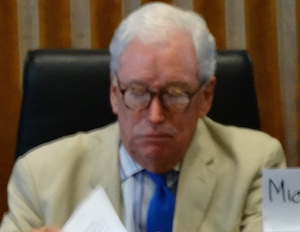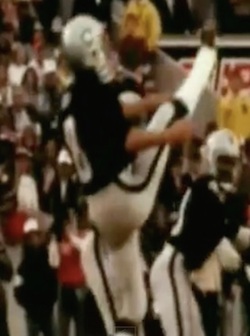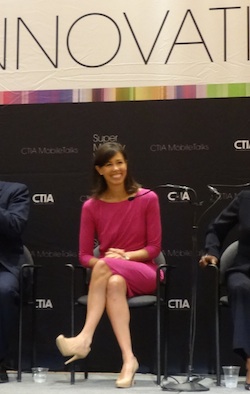FCC says wireless permits automatically granted if local goverments don't act in 60 days
![By miheco (Flickr: cell tower in disguise #1) [CC-BY-SA-2.0 (https://creativecommons.org/licenses/by-sa/2.0)], via Wikimedia Commons](https://www.tellusventure.com/blog/images/2014/10/cell_palm.jpg)
If local governments don’t approve certain permit applications for wireless broadband facilities within 60 days, then the FCC says permission is automatically “deemed granted”. That’s one of the new rules limiting how local and state agencies can regulate wireless broadband infrastructure issued by the commission on Friday.
The 60-day time limit affects permit applications for “collocation, removal, or replacement of transmission equipment on an existing wireless tower or base station,” so long as it doesn’t involve a substantial change to the existing structure’s dimensions.… More




![By Karora (Own work) [Public domain], via Wikimedia Commons](https://www.tellusventure.com/blog/images/2014/10/schoolhouse.jpg)

![By Edward Betts (Own work) [CC-BY-SA-3.0 (https://creativecommons.org/licenses/by-sa/3.0)], via Wikimedia Commons](https://www.tellusventure.com/blog/images/2014/9/money_stack.jpg)

![By Kyle Flood from Victoria, British Columbia, Canada (Waaah!) [CC-BY-SA-2.0 (https://creativecommons.org/licenses/by-sa/2.0)], via Wikimedia Commons](https://www.tellusventure.com/blog/images/2014/9/crying_baby.jpg)
![By Tokyo_night_view_1.jpg: https://www.flickr.com/people/imuttoo/ derivative work: Bobek [Public domain], via Wikimedia Commons](https://www.tellusventure.com/blog/images/2014/9/godzilla.jpg)